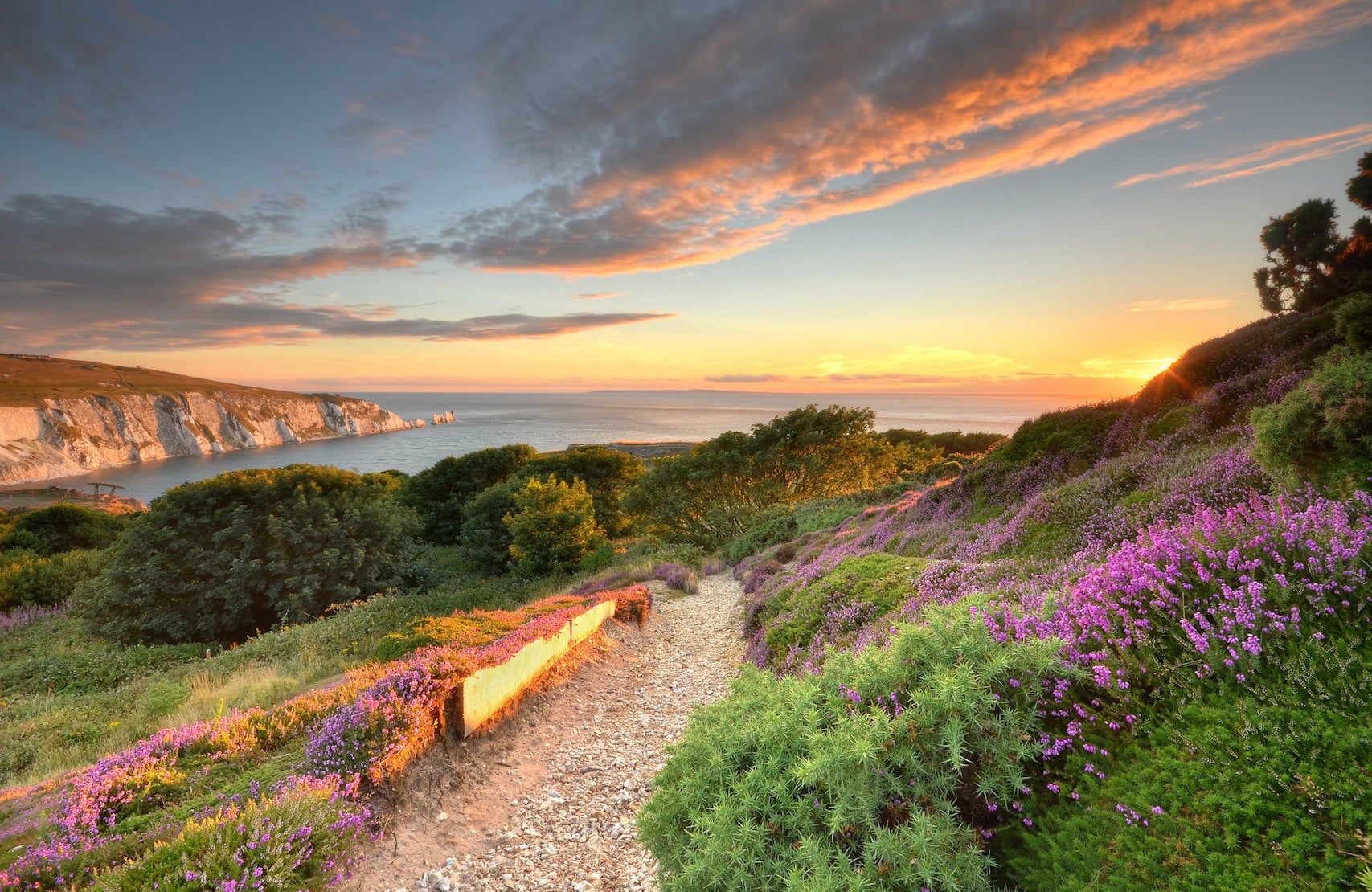Isle of Wight awarded Unesco Biosphere Reserve status
Island is seventh UK destination to receive special status

Your support helps us to tell the story
From reproductive rights to climate change to Big Tech, The Independent is on the ground when the story is developing. Whether it's investigating the financials of Elon Musk's pro-Trump PAC or producing our latest documentary, 'The A Word', which shines a light on the American women fighting for reproductive rights, we know how important it is to parse out the facts from the messaging.
At such a critical moment in US history, we need reporters on the ground. Your donation allows us to keep sending journalists to speak to both sides of the story.
The Independent is trusted by Americans across the entire political spectrum. And unlike many other quality news outlets, we choose not to lock Americans out of our reporting and analysis with paywalls. We believe quality journalism should be available to everyone, paid for by those who can afford it.
Your support makes all the difference.The Isle of Wight has just been crowned an Unesco Biosphere Reserve, making it the seventh UK destination to be awarded the special status.
The designation recognises the island off the south coast as one of the best areas in the world for managed landscapes, where human impact doesn't detract from the natural beauty or wildlife.
This Reserve status covers the entire Isle of Wight, plus the Solent – the strait that separates the island from mainland England.
It’s the first time in seven years that an English area has received the accolade, and highlights the Isle of Wight’s unique combination of white chalk stacks known as the Needles; wealth of locally produced food; and breadth of activities, including walking, cycling, fossil hunting and watersports.
Half of the island has been a designated Area of Outstanding Natural Beauty since 1963, and rare wildlife can be spotted on the island, such as red squirrels, glanville fritillaries (butterflies) and ventnor wall lizards.
It’s also home to a number of plants found nowhere else in the UK.
Richard Grogan, lead officer for the IW AONB, which put together the Unesco application over the last three years, said: “This is global recognition that our island is not only an area of outstanding natural beauty, but that islanders have played their part in looking after it.
”In spite of the modern day pressures brought about by the progress of human beings, nature continues to thrive here.“
It is hoped the status will also encouraged more visitors to the island.
”This award is incredible, and a testament to the hard work that the IW AONB Partnership have done and continue to do,” said Will Myles, managing director at Visit IW.
“The island’s hundreds of thousands of visitors recognise its unique qualities and to achieve this status is something that will most certainly have a positive impact on our visitor economy.”
Join our commenting forum
Join thought-provoking conversations, follow other Independent readers and see their replies
Comments